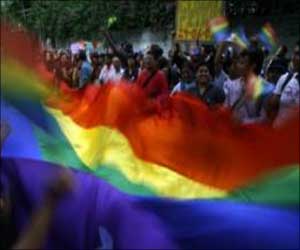The LGBTQ community in homophobic countries are less likely to use HIV-prevention services, test for HIV, and discuss their sexuality with health providers.

The research team wanted to investigate the impact of homophobia on gay and bisexual men’s health-specifically their sexual behavior, use of HIV-prevention services, HIV status, and ability to cope with HIV.
The study authors found stark differences in how countries treat and view homosexuality.
They also found that men living in countries with higher levels of homophobia knew less about HIV and were less likely to use condoms, leading the researchers to conclude that homophobia reduces the use of health services and compromises health-service quality.
Researchers also noted a heightened risk of disease for gay and bisexual men in homophobic countries, where appropriate prevention services are limited but the opportunity for sexual contact is increasing.
Lead author John Pachankis said that their findings suggest that rather than primarily being the result of personal failure, HIV risk is largely determined by national laws, policies, and attitudes toward homosexuality.
This study shows that gay and bisexual men in homophobic countries are denied the resources, including psychological resources like open self-expression, that are necessary to stay healthy.
The study is published online in the journal AIDS.
Source-ANI














